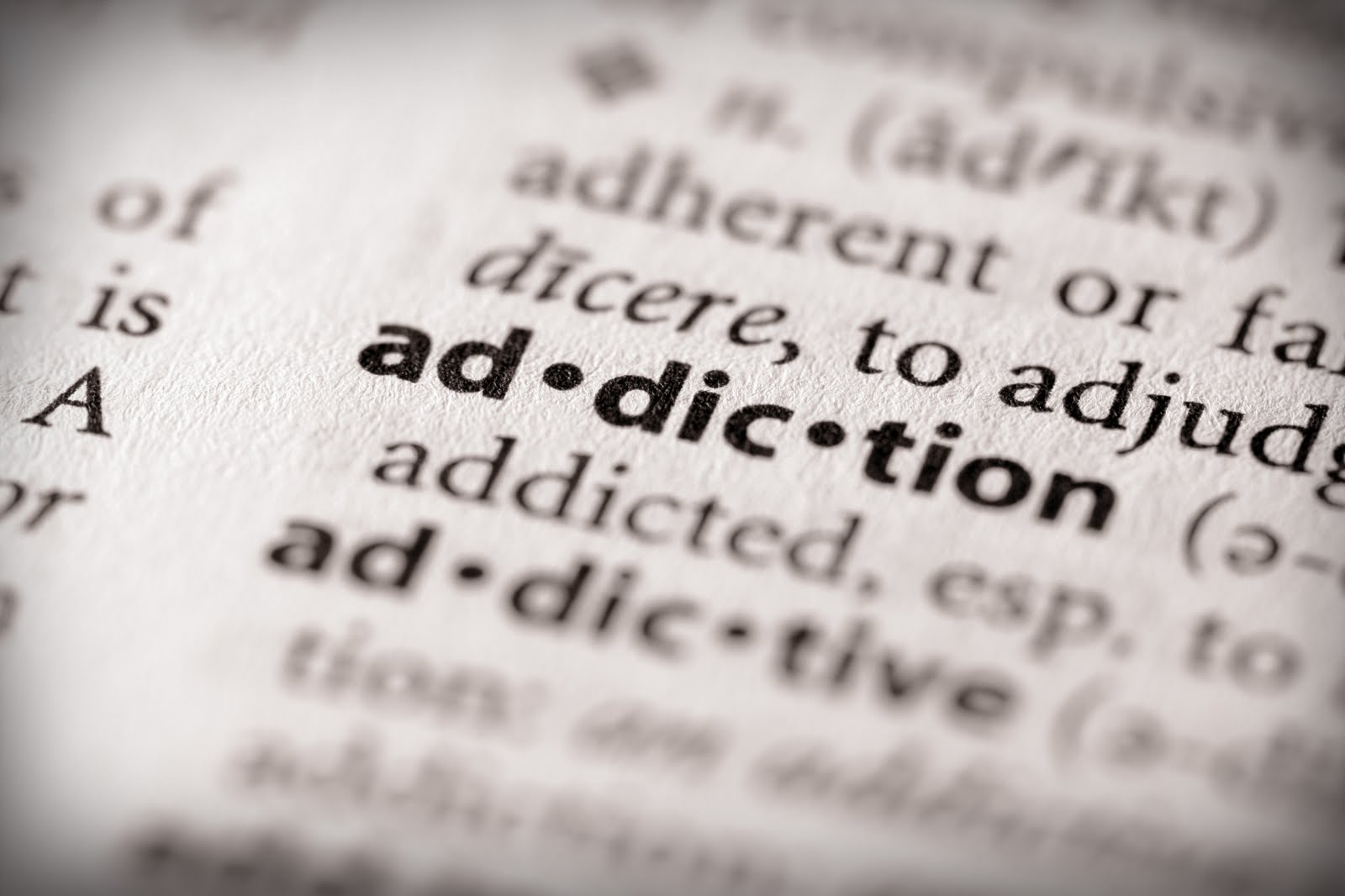5 Steps to Overcoming Food Addiction

If you know me… you know I love ANYTHING sweet… you could pour some Splenda on fried chicken livers and I’d gobble them down. It’s been said that sugar is actually more addictive than cocaine. Not sure if that’s true, but I can tell you it’s certainly a struggle for me! ;)
Addiction doesn’t always have to involve an addictive substance or drug, as the term can be used to describe an excessive behavior such as compulsive eating. Many experts believe that addiction to food really isn’t about the food, although I might beg to differ with my insatiable sweet tooth as I drink down my sweet tea. ;) Research points to the fact that food does not have addictive properties that make someone depend on them, unlike chemical substances, although other research has shown that sugar can provide an addictive like condition for some people. Generally, food addiction has more to do with how a person behaves around food, what they think about food, and the way habits are formed with food. The habits are often the real source of the addiction.
Many of us turn to food for emotional reasons. I’m what I refer to as an “emotional everything eater” meaning happy, sad, joyful, celebration, depressed you name the mood and I’ve got a food for it! And you guessed it, sugar is usually the main ingredient. Food can become a way to cope with emotional matters, and the repetition of this coping mechanism can breed an addiction. By using food as a means to deal with anxiety, stress, grief, and the like, the body becomes conditioned to crave that process to feel relief.
People often associate pleasure with foods that contain fat, sugar and salt. As innocent as it may seem, this starts at a young age when candy and soda are given as a “treat” or “reward” for good behavior, grades or a celebration. I blame my mother… how about you? Just teasing Mom! ;) Research studies have shown the reward centers of the brain to light up and release dopamine when pleasurable foods are consumed. Could this be that we’ve conditioned our bodies to react this way?
Someone doesn’t just decide that he or she wants to feel out of control with food. It’s often a slippery slope that leads a person into an addiction with food. Below are some of the warning signs and common traits among people suffering from a food addiction:
-
Changes in mood
-
Labeling food as “good” and “bad”
-
Restrictive dieting
-
Eating in secret or sneaking food
-
Feeling out of control with food
-
Rewarding/treating yourself with food
-
Thinking about food all the time
-
Feeling unsatisfied even after meal times
-
Weight fluctuations and/or difficulty managing weight
-
Body dissatisfaction
-
Feeling disgusted, guilty or upset after eating
-
Feeling stressed or tension that is only relieved by eating
How To Overcome Food Addiction
Recovering from a food addiction is a process, and one that is worth taking to be at your absolute best. Taking the power back from food often requires a team approach in order to achieve a full recovery. Here are a few steps to take to help someone recovering from food addiction:
-
Develop a Healthy Relationship with Food. In traditional 12-step addiction-based recovery models, addicts are challenged to remain abstinent for healing. However, with food addiction, one can’t simply abstain by not eating, as food is essential to life. Thus someone suffering with food addiction must learn how to eat properly again by establishing a healthy relationship with food. My personal mantra: Eat to live, don’t live to eat.
-
Set Boundaries with Unsafe Foods. Typically, trigger or “unsafe” foods are removed from the diet and boundaries are set so that managing these foods in a healthier way can be relearned. I can end up bingeing on ice cream when a trigger hits, so I know it’s best not to keep it in the house. Voila! If it’s not there, I can’t eat it! ;)
-
Follow a Structured Meal Plan. A person suffering from an unhealthy relationship with food can get on the right track to recovery by following a meal plan and a regulated eating pattern. This helps any of us set safe boundaries with food, and feel satisfied so that there is not a physiological need to eat. It’s more tempting to be out of control with food when there is physical deprivation and this will actually slow your metabolism. We don’t want that! ;)
-
Learn Healthy Coping Strategies. Address reasons for turning to food to cope. Identify healthier coping mechanisms and strategies so that one can begin learning healthier means of dealing with emotions. For me, I will grab a workout or run. Something to get my mind off the craving and in a better place with endorphins on high!
-
Seek Professional Advice. Beating a food addiction is a process and does not happen overnight; if you need resources outside of yourself, it can be helpful to involve a registered dietitian and/or licensed therapist. These professionals can provide additional accountability and insight.
As always... love much, laugh often, reach for your goals and never give up, but look fabulous while doing it all! :) Love, Blair



